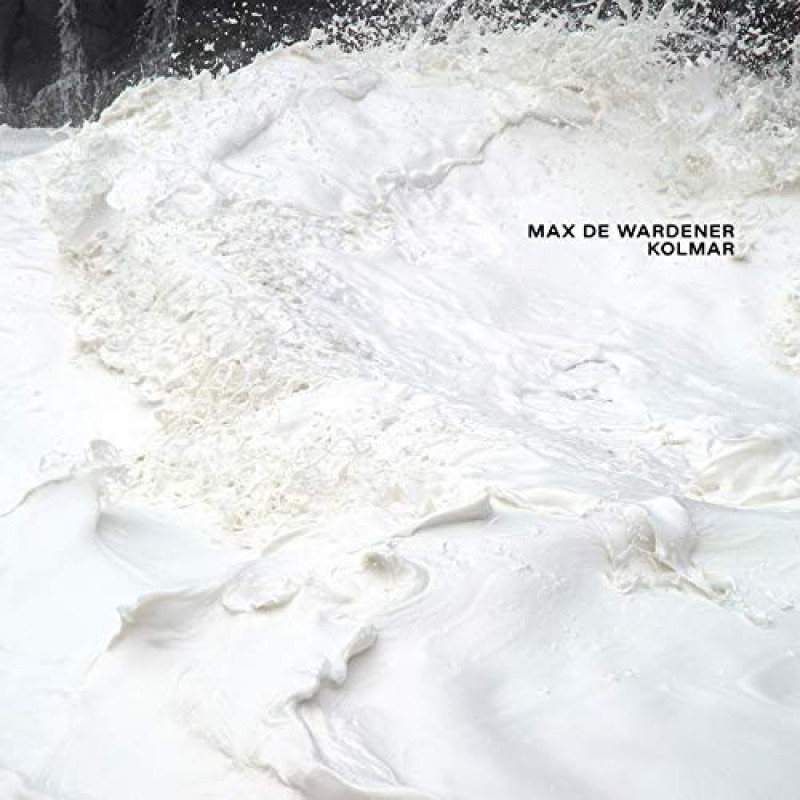Description
Label Review.
2019 album. Also available on vinyl.
Our Overview.
London-based, British composer, producer and multi-instrumentalist known for his scores for film and television and his work in jazz, classical, world and electronic music. Max de Wardener’s music is a kind of time travel, a means of exploring the antique and the arcane and re-purposing them for a forward facing now.
Classically trained yet renowned for compositions that explore everything from church organs to self-built instruments, like the Harry Partch-inspired cloud chamber percussion bowls, as well as electronics and more orthodox chamber configurations, bassist-turned-multi-instrumentalist de Wardener effectively embodies a serious approach to modern compositions that can legitimately embrace eccentric experiment and unapologetic play.
On ‘Kolmar’, his debut album for Village Green, Max de Wardener toys with the ancient and the modern, teasing dreamlike waves and ethereal tonalities from early-to-mid-century instruments such as the Ondes Martenot (as purposed by Jonny Greenwood of Radiohead), Cristal Baschet, Buchla Music Easel and Oberheim OB6. Time travel has rarely sounded so compelling.
With a list of collaborators in the album’s credits including none other than prodigious jazz drummer Moses Boyd, it’s an inspired fantasy opus in which de Wardener melds by turns these resonant juxtapositions. Time travel has rarely sounded so compelling. Fans of early synthesis, kosmische and ambient sounds will find much to enjoy here.


